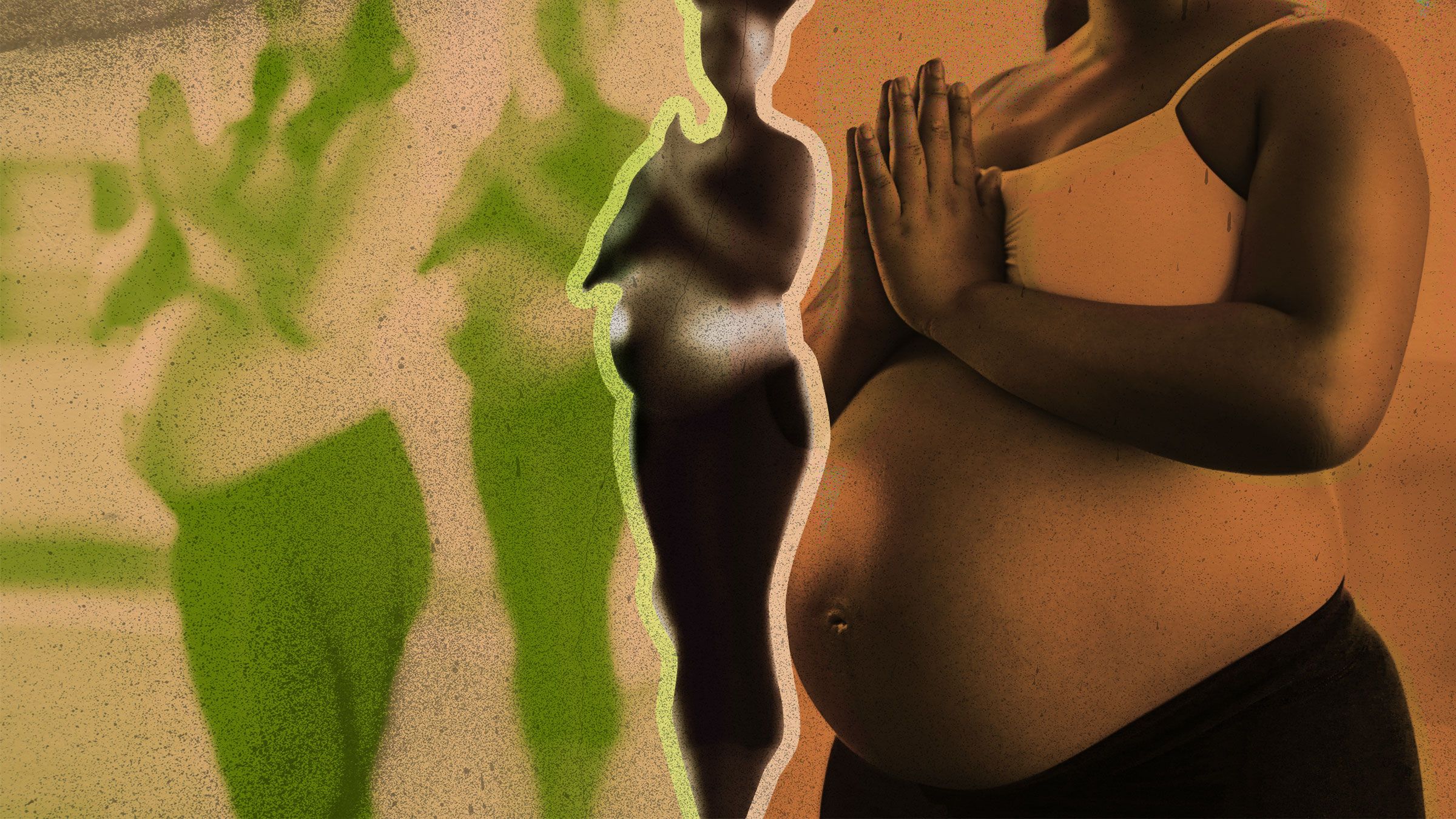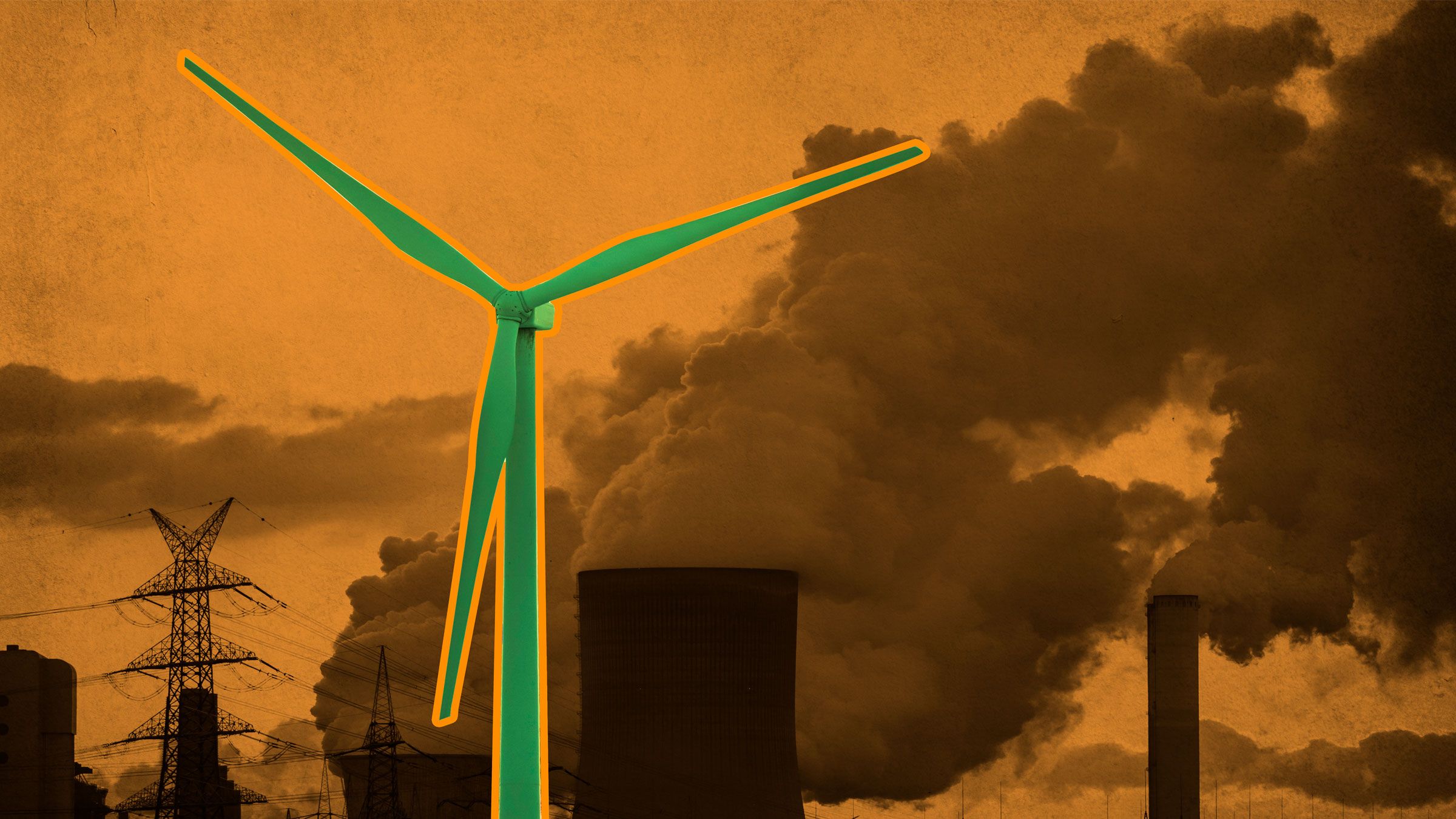Inequality Is a Health Risk—and It’s Getting Worse
…

Inequality Is a Health Risk—and It’s Getting Worse
Inequality in society is not just a social issue, but also a major health risk. Studies have shown that individuals living in areas with high levels of income inequality are more likely to suffer from physical and mental health problems.
One reason for this is that inequality can lead to chronic stress, which has been linked to a number of health issues such as heart disease, obesity, and depression. In addition, those living in poverty are less likely to have access to quality healthcare, nutritious food, and safe living conditions, all of which can impact their overall well-being.
Unfortunately, the gap between the rich and the poor continues to widen, exacerbating these health disparities. This trend is especially concerning in the wake of the COVID-19 pandemic, which has disproportionately affected marginalized communities.
Addressing inequality is not just a matter of social justice, but a public health imperative. Policies that aim to reduce income inequality, improve access to healthcare, and provide social support to vulnerable populations can help mitigate the negative health effects of inequality.
It is crucial for policymakers, healthcare providers, and the general public to recognize the impact of inequality on health outcomes and work towards creating a more equitable society for all.
In conclusion, tackling inequality is not only a moral imperative, but a necessary step towards improving the health and well-being of all individuals in society.






